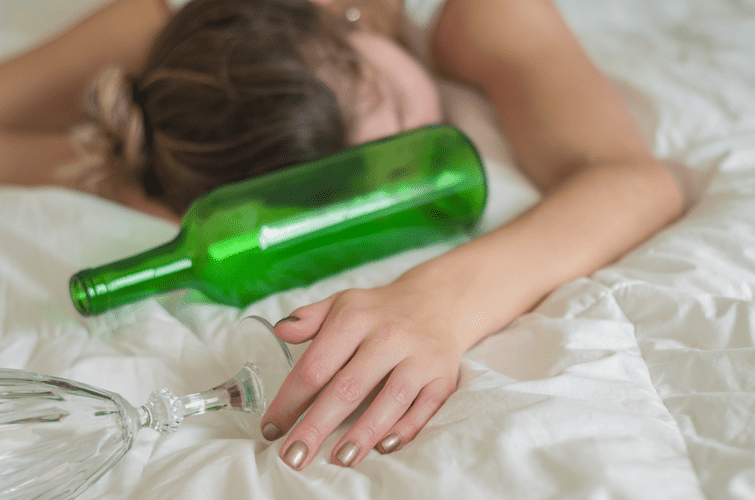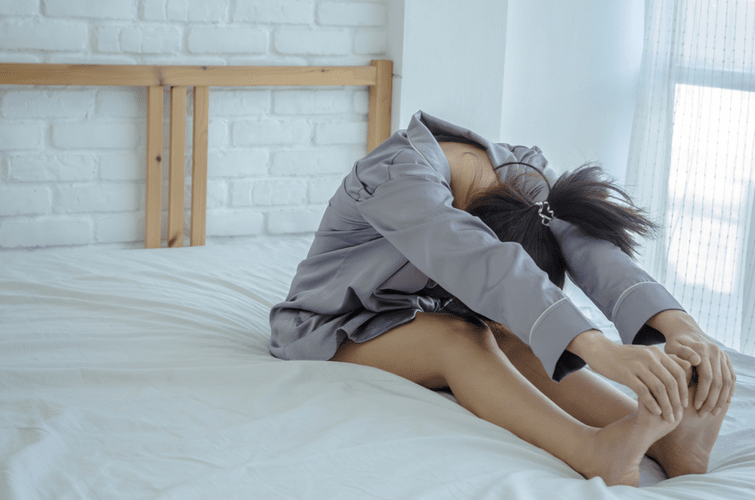Along with kidney pain, symptoms of acute kidney injury include difficulty urinating, fatigue, trouble breathing, swollen face or legs, chest pressure, nausea, and/or vomiting. Yes, in many cases, the kidneys can recover from alcohol-induced damage once alcohol use is reduced or stopped. The sooner you intervene and adopt healthier habits, the better your chances of preserving kidney function.

You may experience flank pain and pain or difficulty during urination. It’s important to understand the reason for your discomfort in case it’s a sign of something serious. Read on to learn more about these conditions and how to treat them.
Why does my kidney hurt after drinking alcohol?
Alcohol consumption can have detrimental effects on kidney function. As a natural part of their function, kidneys filter harmful substances from the blood, including alcohol. When an individual consumes excessive amounts of alcohol, it can cause changes in kidney function and impair does alcohol kill kidneys their ability to filter blood effectively. This disruption can lead to a range of issues, including dehydration, electrolyte imbalances, and increased risk of kidney stones.
- Exceeding these limits can raise blood pressure and strain your kidneys.
- When an individual consumes excessive amounts of alcohol, it can cause changes in kidney function and impair their ability to filter blood effectively.
- Damage to one organ has reverberating effects that impact many other organs.
Dehydration and Electrolyte Imbalance
Alcohol disrupts kidney function, alters blood pressure, and induces dehydration, fostering kidney stone formation. This condition requires immediate medical attention, and treatment may involve antibiotics if the blockage is caused by a kidney infection instead of kidney stones. If your drinking is out of control, we’re happy to take recovery steps with you. We also offer counseling and evidence-based therapies to treat alcohol addiction.

Quit Alcohol to Treat Your Kidney Pain
Alcohol can have a detrimental effect on kidney health, causing kidney pain and increasing the risk of developing kidney disease. The kidneys are responsible for filtering out harmful substances from the blood, including alcohol. Heavy drinking is defined as more than three drinks a day for women and more than four drinks a day for men. Binge drinking, or consuming large amounts of alcohol in a short period, can lead to acute kidney injury (AKI) and even lasting kidney damage. Alcohol also causes dehydration, which reduces blood flow to the kidneys, further impairing their function. If you experience kidney pain after drinking alcohol, it is important to reduce your alcohol intake or quit drinking altogether.
It strains supporting ligaments and muscles by affecting your natural spinal alignment. Proper spinal alignment reduces stress on your back muscles by distributing your body’s weight equally. A study suggests that alcohol can increase the production of molecules that promote inflammation. Regular exercise strengthens the muscles that support my spine, improving posture and flexibility.
Another important aspect of alcohol-related back pain to consider is that it might not actually be our back that’s what is alcoholism hurting — instead, the pain could be coming from our kidneys. Kidney issues such as this are also closely related to other conditions such as gallstone and pain in the pancreas, which can also manifest as stomach pain and upper abdominal pain. It is the body’s way of warning of a potentially serious medical condition, so it is best not to ignore it.

How to prevent kidney pain
Excessive drinking is considered to be more than four drinks per day. This doubles your risk of developing chronic kidney disease or long-term kidney damage. Alcohol consumption https://federaciondecroquet.corporat-e.com/alcoholic-cardiomyopathy-causes-symptoms-and-4/ can have detrimental effects on kidney health. When the kidneys are burdened with filtering large amounts of alcohol, their function is affected, and they become less able to filter the blood effectively. Alcohol also disrupts the kidneys’ ability to maintain the correct balance of water and electrolytes in the body, leading to dehydration, which further impairs kidney function.
Kidney Pain After Drinking: 7 Possible Causes
In more serious cases, you may be required to take medications or undergo surgery. Worst case scenario is liver failure, in which you will be needing a liver transplant. Most people can keep their kidneys healthy by remaining hydrated and eating a balanced diet. Some herbs and foods that are commonly used in kidney-cleansing programs may have properties that help enhance kidney health.
- These strategies, combined with professional treatment, provide a strong foundation for long-term recovery and improved kidney health.
- The areas around your kidneys may feel sore after you drink alcohol.
- Simple strategies like alternating a glass of water with each alcoholic drink or setting a personal limit for the evening can keep you aware of your intake and hydration needs.
- Heavy drinking causes the kidneys to work harder, weakening their filtering ability.
Vitamin D contributes to calcium absorption, which helps the muscles contract. Alcohol causes an imbalance of vitamins and minerals, disrupting calcium absorption. Thus, vitamin D activation becomes impaired, further reducing calcium absorption. In this article, you will understand the reasons behind alcohol-related back pain. We will cover how alcohol impacts the body, effective remedies, and ways to prevent future episodes. This information will help you make informed decisions for healthier habits.